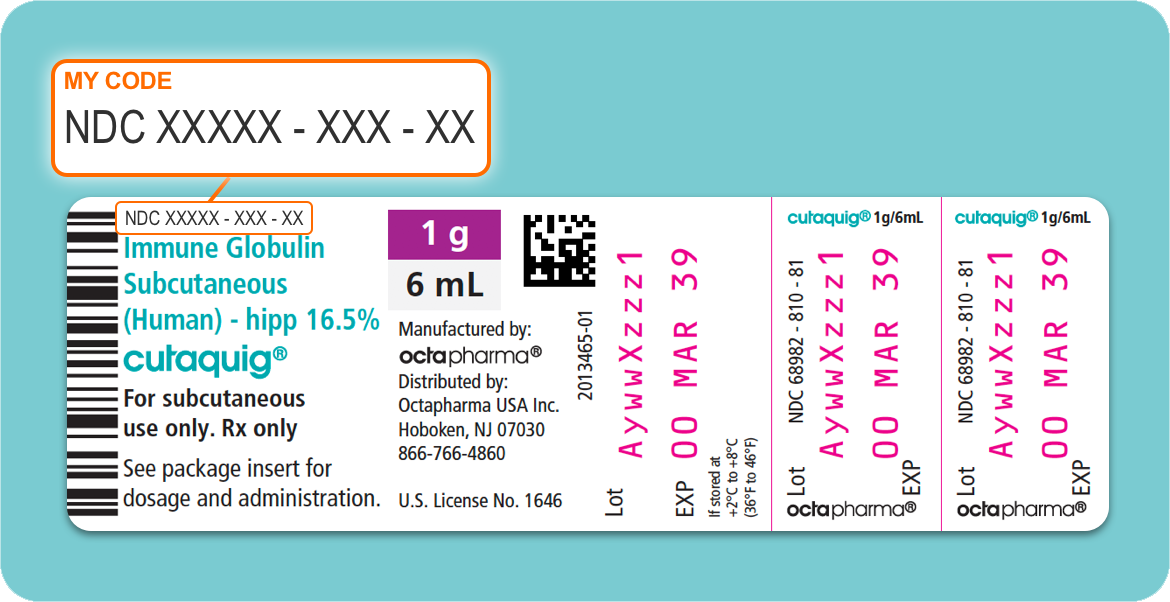
 Primary immunodeficiency (PI) is a relatively rare disorder that weakens the immune system, allowing infections and other chronic health problems to occur more easily, more frequently, and to last longer. There are more than 350 recognized types of this disease, in which part of the body’s immune system is missing or functions improperly. While not contagious, these diseases are caused by hereditary or genetic defects, and, although some disorders present at birth or in early childhood, the disorders can affect anyone, regardless of age or gender. Some forms of the disease affect a single part of the immune system; others may affect one or more components of the system. And while the types of the disease may differ, they all share one common feature: each results from a defect in one of the functions of the body's normal immune system.
Primary immunodeficiency (PI) is a relatively rare disorder that weakens the immune system, allowing infections and other chronic health problems to occur more easily, more frequently, and to last longer. There are more than 350 recognized types of this disease, in which part of the body’s immune system is missing or functions improperly. While not contagious, these diseases are caused by hereditary or genetic defects, and, although some disorders present at birth or in early childhood, the disorders can affect anyone, regardless of age or gender. Some forms of the disease affect a single part of the immune system; others may affect one or more components of the system. And while the types of the disease may differ, they all share one common feature: each results from a defect in one of the functions of the body's normal immune system.
Because one of the most important functions of the normal immune system is to protect us against infection, patients with PI commonly have an increased susceptibility to infection. The infections may be in the skin, the sinuses, the throat, the ears, the lungs, the brain or spinal cord, or in the urinary or intestinal tracts, and the increased vulnerability to infection may include repeated infections, infections that won't clear up or unusually severe infections. People with PI live their entire lives more susceptible to infections—enduring recurrent health problems and often developing serious and debilitating illnesses.
Approximately 250,000 in the U.S. are diagnosed with the disease; many more may go undetected.1
While at present there is no cure for PI, patients can manage their disease through various therapies and, with proper medical care, go on to live full and independent lives.
Signs and Symptoms of PI
Signs and symptoms of PI can include:
- Frequent and recurring pneumonia, bronchitis, sinus infections, ear infections, meningitis or skin infections
- Inflammation and infection of internal organs
- Blood disorders, such as low platelet counts or anemia
- Digestive problems, including cramping, poor appetite, nausea or diarrhea
- Delayed growth and development
- Autoimmune disorders, including lupus, rheumatoid arthritis, or type 1 diabetes
Octapharma Cares
Octapharma is committed to improving the treatment for PI, enhancing the quality of life for people with PI, and supporting research and education within the PI community. That’s the reason we created our IgCares program. Join now.




